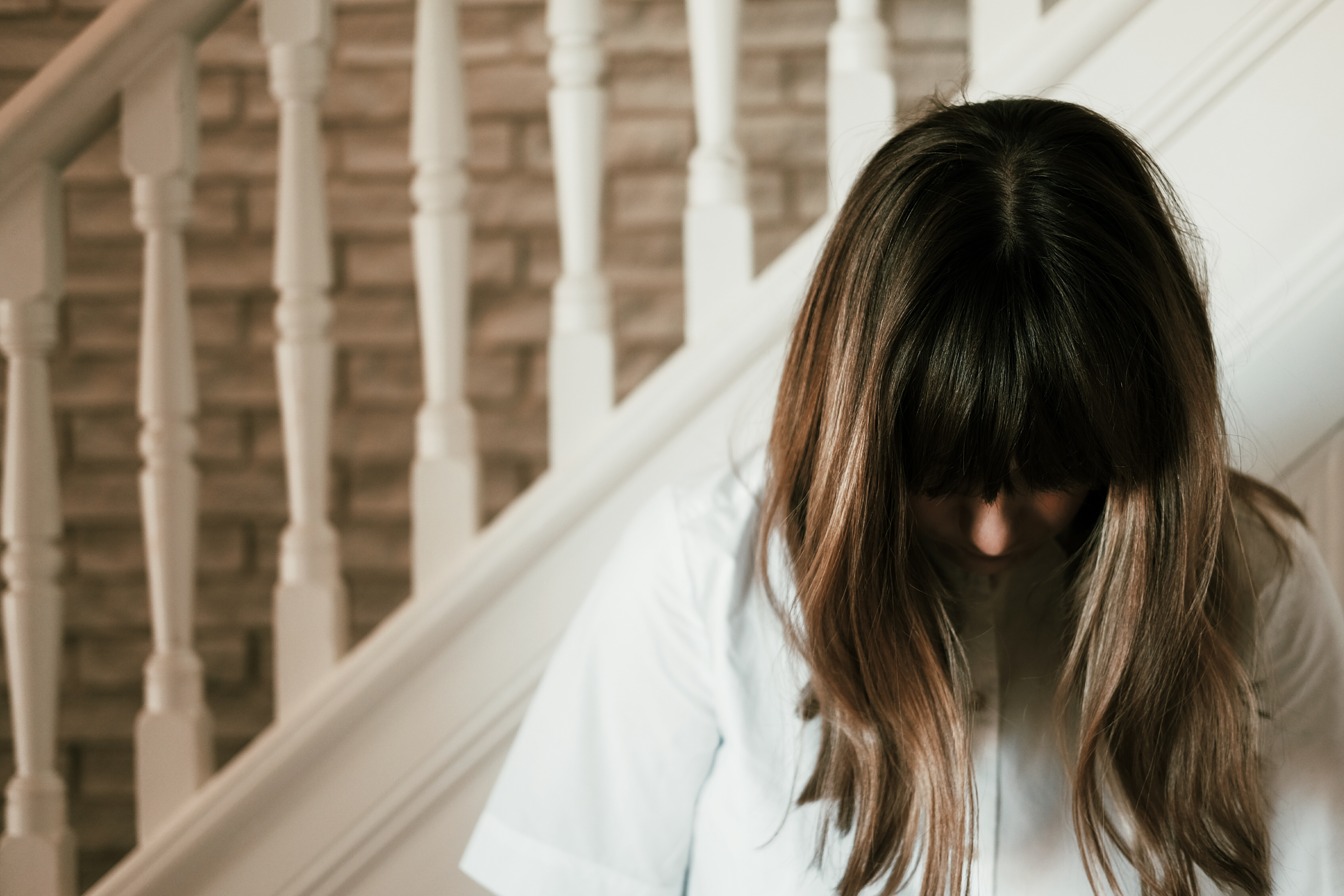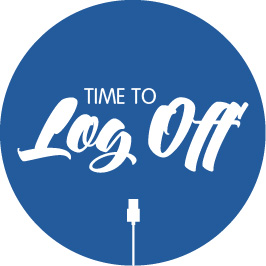
12 May 4 ways a digital detox boosts mental health
As part of Mental Health Awareness Week 2017, we’re helping raise awareness of the impact our relationship with technology, social media and our smartphones has on our mental health. Throughout 2017, there has been a significant drive to remove the stigma around talking openly about mental health problems. Even the Royals have joined in! A recent survey by the Mental Health Foundation found that only 13% of us say we are living with ‘high levels of good mental health’ – a figure which is just too low.
Few people recognise the impact of our technology addiction on our state of wellbeing. As the home of digital detox, Time To Log Off is determined to get people talking! We’re sharing four ways digital detox (regular breaks from technology) is essential for your own mental self-care in the modern world.
Four ways digital detox is essential for mental self-care
1.Digital detox makes you less anxious
We are inundated on a daily basis with notifications, alerts, phone calls and messages. What’s worse, is that our ‘always-on’ culture has made us anxious to reply to our messages immediately. There’s huge pressure to be contactable at all times, preventing our minds from relaxing. It’s no wonder that research has found a link between heavy smartphone use and increased anxiety. The term ‘nomophobia‘ has even been coined for those who feel stressed when they can’t access their phone or when it’s low on battery. Guests on our digital detox retreats always remark how anxious they were to go off-grid for a few days. However, when they get their phones back they always say they hadn’t missed anything that really mattered. They learn that is more than okay to spend some time away from their devices, and more importantly just how beneficial it is!
2.Digital detox encourages mindfulness
Did you know that smartphones are actually designed to distract us? They rob our brains of important downtime, preventing them from being creative. Instead, head down scrolling, we use our phones as boredom busters, rather than engaging with what’s going on around us. Digital detox allows our brains to recharge, to be creative and focus on the present, rather than whirring in a constant state of distraction.
3.Digital detox helps you sleep better
Mind UK has highlighted how poor sleep can have a serious and detrimental impact on our mental health. They describe a cycle of bad sleep beginning with a lack of sleep leading to tiredness. This tiredness makes us struggle to cope with daily life, which in turn, leads to poor self-esteem and feelings of worry and stress. These feelings then prevent us from getting a good night’s sleep once again and so the cycle continues!

source: mind.org.uk
We’ve written heaps about how our digital devices disrupt our sleep. The blue light emitted from our screens imitates the light from the sun, which regulates our wake and sleep cycles. This blue light prevents the release of the hormone melatonin which allows the body to start to wind down and prepare for sleep. Using screens in bed, therefore, keeps us feeling awake and our brains active.
We have become so addicted to our digital devices, particularly our smartphones, that they now take up a prized position on our bedside tables. However, using these devices in bed when you are already experiencing feelings of worry and stress has an exponential effect – it becomes even more difficult to get to sleep. Not using screens in the hour leading up to bed, or better still banning them from your bedroom entirely, is one of the best things you can do to care for your mental health.

4.Digital detox improves self-esteem
Social media, is without a doubt, a wonderful thing. It has the ability to connect us with people we would never have the chance to speak to in the past and always be on the pulse of world news. Why then, do we feel more alienated than ever in a world which claims to be more connected than ever?
Our sharing culture has created a definite ‘compare and despair’ factor online. We share images of ourselves with friends and family, however, many of us are seeking more – a sense of self-validation. Through likes, comments and retweets from strangers, we are assured we are attractive or successful. Not achieving this response can be crushing for self-esteem. As can comparing ourselves to others online who appear to be living perfect lives. It’s been said that 7 million Brits admit to feeling ‘depressed’ when looking at other people’s idealised lives online. This tendency is also linked to eating disorders where those affected seek to attain the same impossible bodies and lifestyles to those posted online. A digital detox and social media break reminds us what is real and authentic and to take pride in ourselves. One photo online is not a representation of a person’s life, despite how it may seem!

Kick-start your digital detox
Our relationship with our digital devices is having an important impact on our mental health. There is a new type of social pressure both online and offline which we need to be aware of. We don’t need ‘permission’ to spend some time off-grid or need to feel guilty when we take time out for ourselves. Regular digital detox is hugely beneficial for our mental health and can easily be incorporated into your routine. One of the easiest ways to get started is by trying out our 30-day digital detox challenge. This is a series of small changes to your daily routine to ease yourself into a better relationship with technology. You could also try our 5:2 digital diet or join us on a digital detox retreat with like-minded individuals.







Sorry, the comment form is closed at this time.